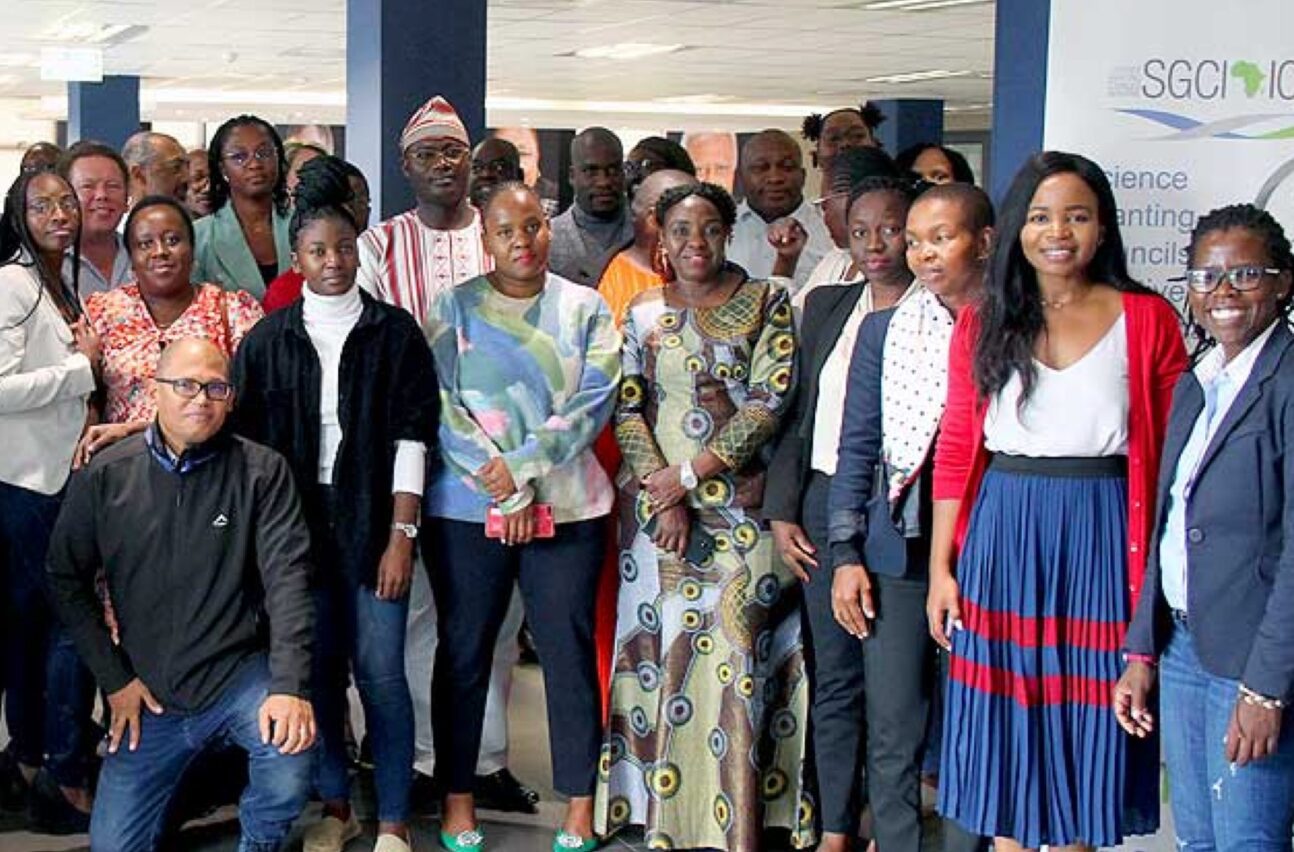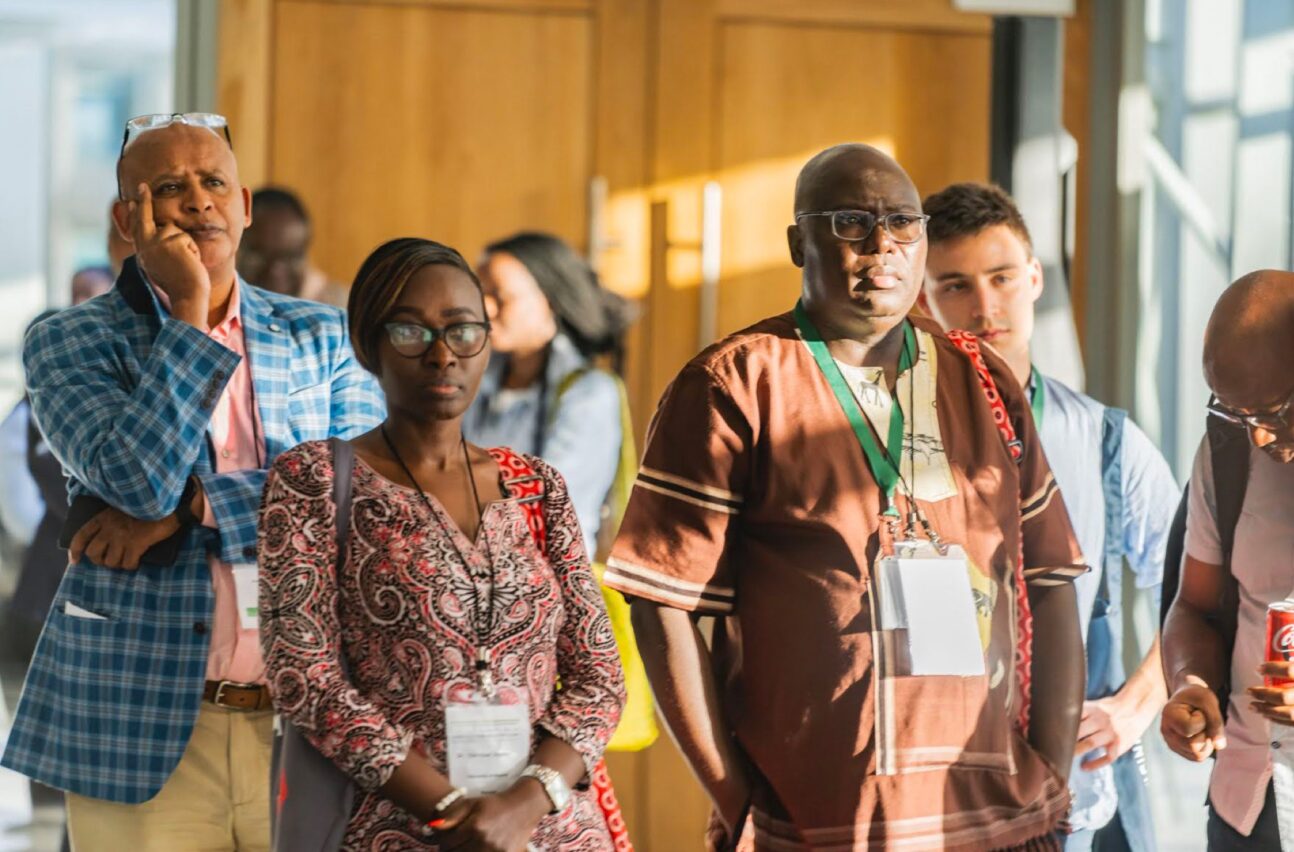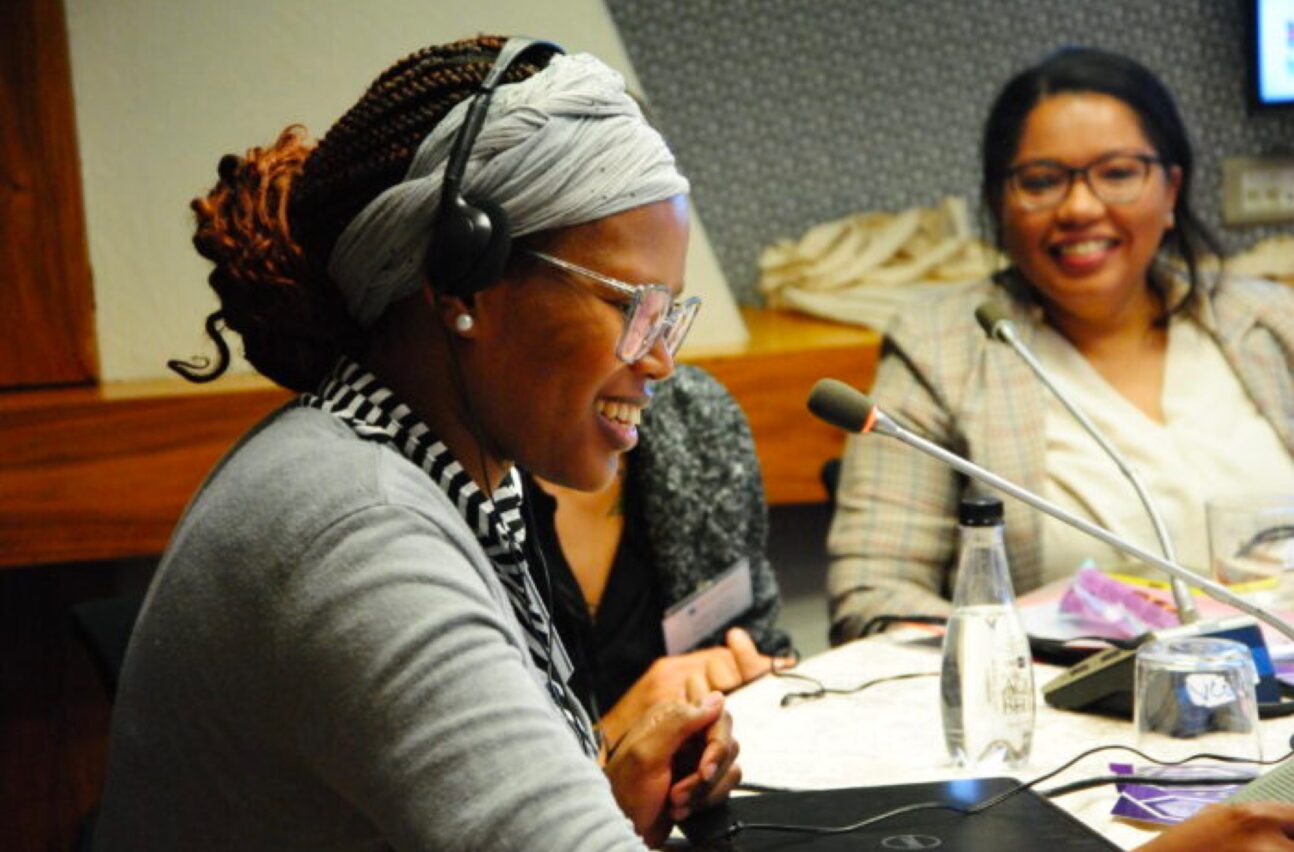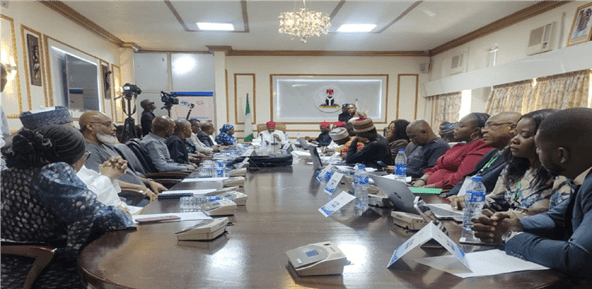In sub-Saharan Africa, Science Granting Councils (SGCs) are key to science, technology and innovation (STI). A 2018 study explored their growing role as open innovation and innovation intermediaries in national…
In sub-Saharan Africa, Science Granting Councils (SGCs) are key to science, technology and innovation (STI). A 2018 study explored their growing role as open innovation and innovation intermediaries in national systems. The report drew on interviews, desk research and survey data. The research examined critical issues such as the influence of SGCs on STI policy.
The study emphasized that SGCs are well positioned to play an essential role in STI. They mediate between national governments, local researchers and international development partners. Yet, institutional and systemic changes must be addressed in order to enable SGCs to perform a more strategic role. To truly fulfil their potential, SGCs must consider the constraints of their local environments.
The Science Granting Councils Initiative (SGCI) supports African SGCs by strengthening their capacity. A specific area of focus is promoting SGCs’ strategic role in science policy development.
Elevating SGCs to open innovation and innovation intermediaries
The study called for a shift in how SGCs are supported and structured. It highlighted how they act as knowledge diffusers or partnership facilitators. However, they need to find ways to become more strategic in order to act as open innovation and innovation intermediaries. For example, the study found that the level of coherence between SGCs is relatively weak. This is even where policies and programmes exist to promote the connection of STI across national sectors.
Addressing Challenges
Addressing this will be challenging. The hurdles are mostly due to underdeveloped capabilities and scarce financial resources. Nonetheless, SGCs must drive systemic change through STI policy instruments. Through this, they can strengthen national innovation systems in sub-Saharan Africa. Action must be taken in several key areas. SGCs must build local capacity and put in place structural reforms. They must also foster long-term trust and strengthen knowledge transfer mechanisms. SGCs should go beyond funding to become strategic facilitators and policy influencers. They should align their actions with national and local needs.
Furthermore, they can act as open innovation and innovation intermediaries between local and foreign development actors. Achieving this role will mean tailoring partnerships to specific contexts. While evidence shows that such alignment remains limited across the region. deeper reform can lead to lasting results.
Research and Resources
Themes
The SGCI aims to strengthen the capacities of these SGCs to support research and evidence-based policies that will contribute to economic and social development.







